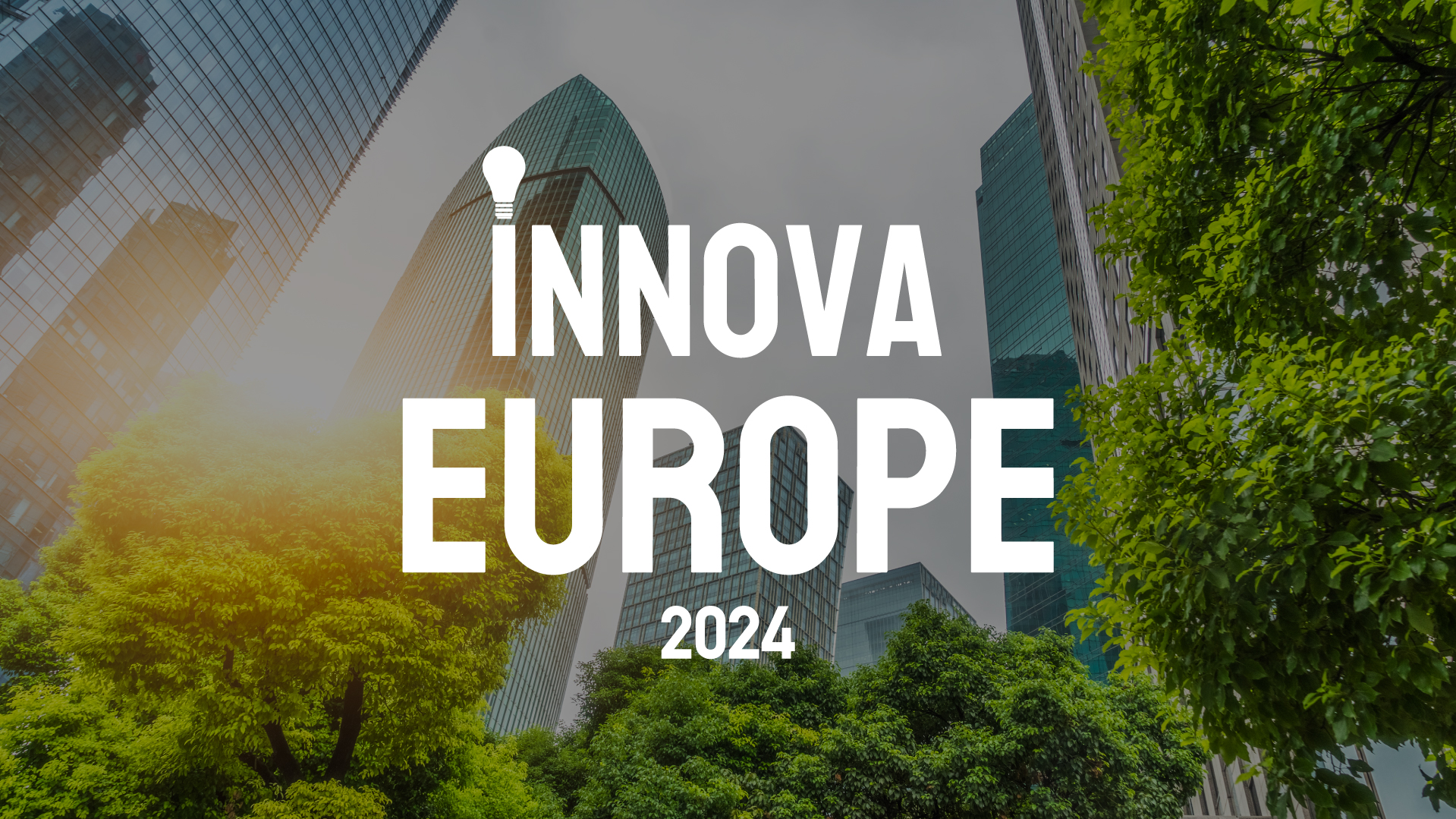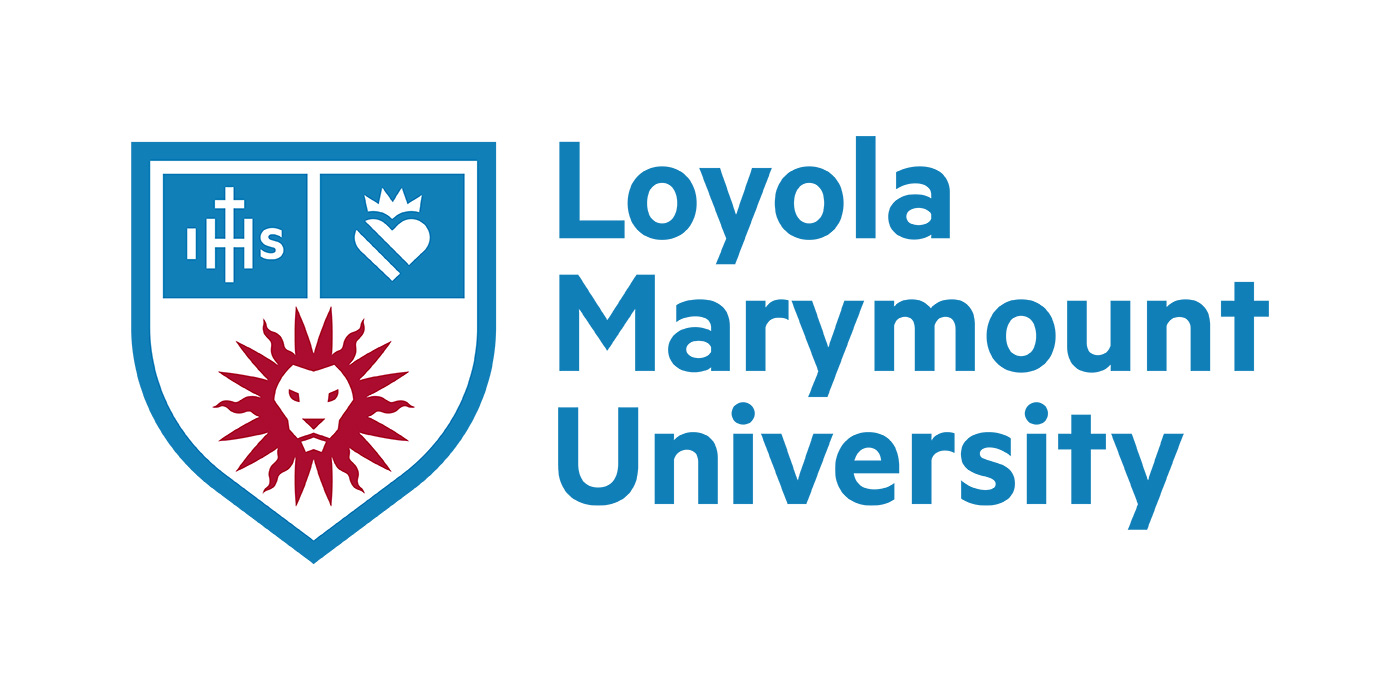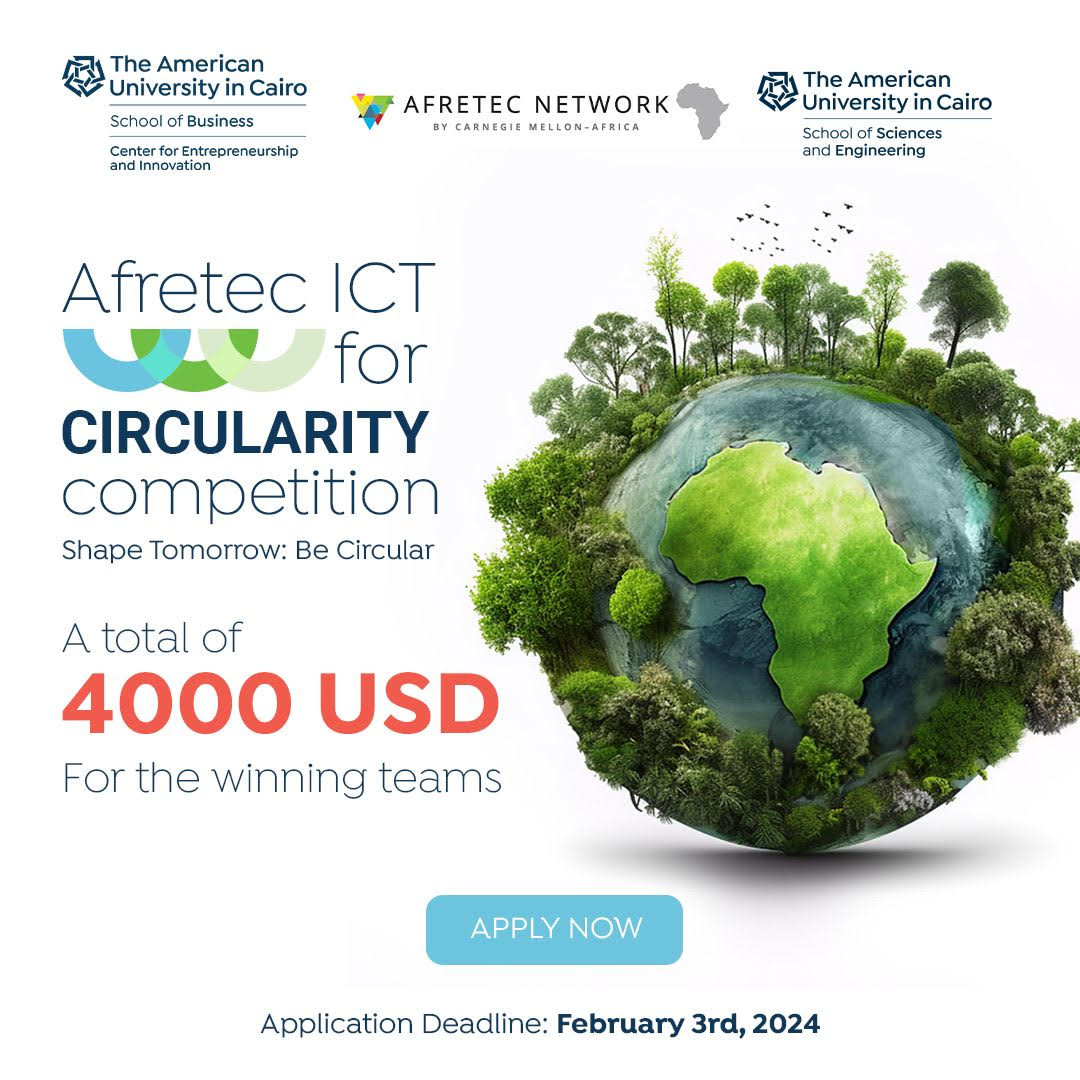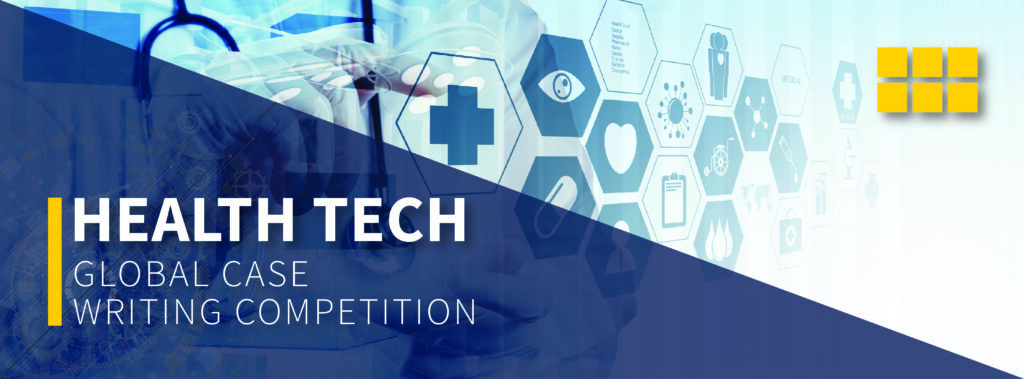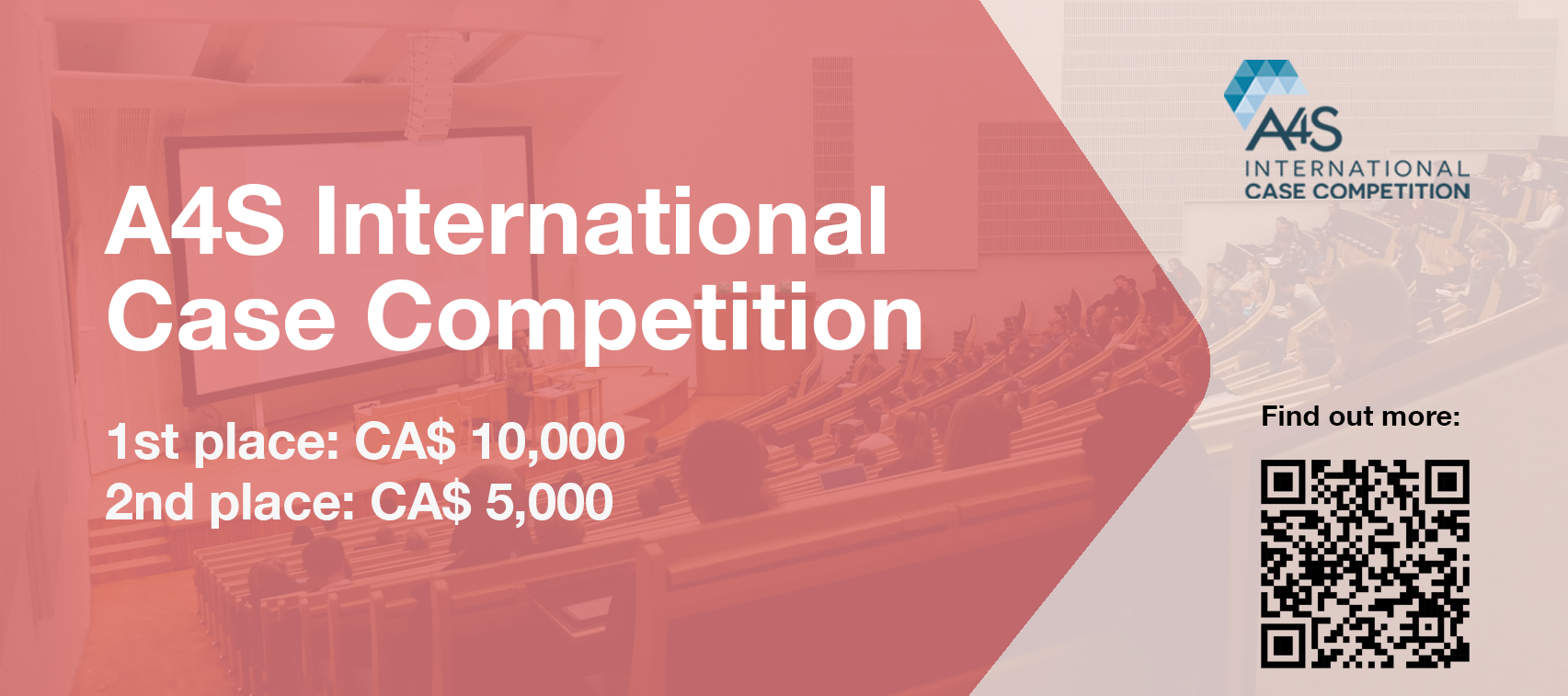Participate in the virtual innovation laboratory and transform data into solutions for the challenges of the National Financial System.
About LIFT DATA
LIFT DATA is an open innovation program that promotes the development of technological solutions based on the analysis of public data . Created by the Central Bank of Brazil (BCB) in partnership with FENASBAC, the program challenges companies, data scientists, developers and experts to create solutions for issues relevant to society, related to the dimensions of the BC# Agenda.
In its first edition, LIFT DATA focuses on data-driven solutions for sustainability and green finance challenges.
Data to Finance and Monitor Sustainability and Climate Action
The climate crisis is one of the biggest global challenges of our time, and innovation plays a fundamental role in the search for effective solutions. Public data, artificial intelligence, remote sensing and machine learning can transform the way we monitor, finance and drive sustainable action.
LIFT DATA 2025 was created with the purpose of fostering innovation and promoting the intelligent use of data to face these challenges. In its first edition, the program will be aligned with the debates and goals of COP30, the UN conference on climate change that will be held in Brazil in November 2025.
How it Works: The LIFT DATA Journey
Register your project until 04/13
The proponent must choose one of the 3 proposed categories, aligned with the central pillars of COP30: 1) Emissions Reduction and Low Carbon Transition; 2) Financing for Adaptation, Resilience and Climate Justice; and 3) Preservation of Forests and Biodiversity or the transversal challenge of Rural Credit and submit their project through this link.
IMPORTANT: The proponent must use a dataset from among the Suggested Public Databases, or other additional databases that fit the LIFT Data objective, to create a technological solution related to the chosen category.
Project Selection Will Take Place Until 04/29
Up to 5 projects will be selected to be developed per category and up to 5 projects in the transversal category, totaling a maximum of 20 selected projects.
Development of Solutions Within 3 Months
Proponents will have 3 months to develop their solutions, and may benefit from remote mentoring by interested market experts. The goal of the mentoring is to provide guidance and make the process inclusive and participatory.
Evaluation & Announcement of Winners at Event 3F, October 9th
After the development of the projects is complete, the finalist projects will be evaluated and the most outstanding ones will be chosen as winners, with up to one winner for each category and, optionally, one more for the transversal category. The winning projects may be presented at COP30.





